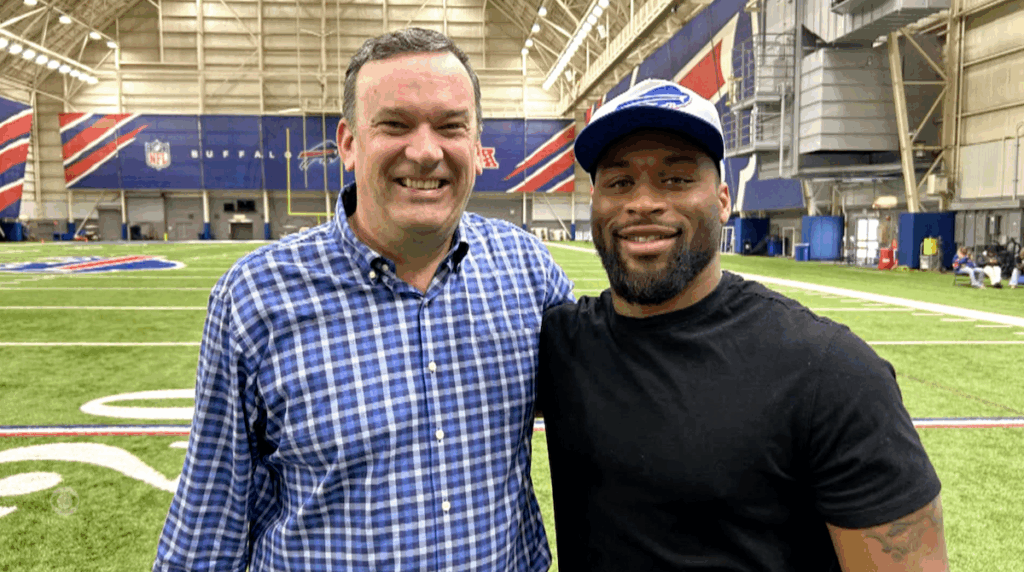
Mentorship is helping and encouraging others by sharing what you know and caring about their well-being.

Make decisions based on rationality, ethics, and effectiveness.
Assess and be sensitive to the feelings and needs of others.
Make rational, ethical, and effective decisions to find the best solutions to problems.
Fully engaged in the educational process and connected to the school community.

Students will explore the concept of mentorship by identifying the qualities that make someone a good mentor, practicing mentoring through a role-play activity, and reflecting on how mentorship encourages growth in themselves and others.



Think about the video.

Students will need access to typical school supplies (paper, writing utensils, etc.)


K-5
6-12

Educators: Copy the Family Connection and email it to parents or click here to download a PDF version to email or print.
Watch
Discuss
Use these questions to start meaningful conversations about mentorship.
Activity